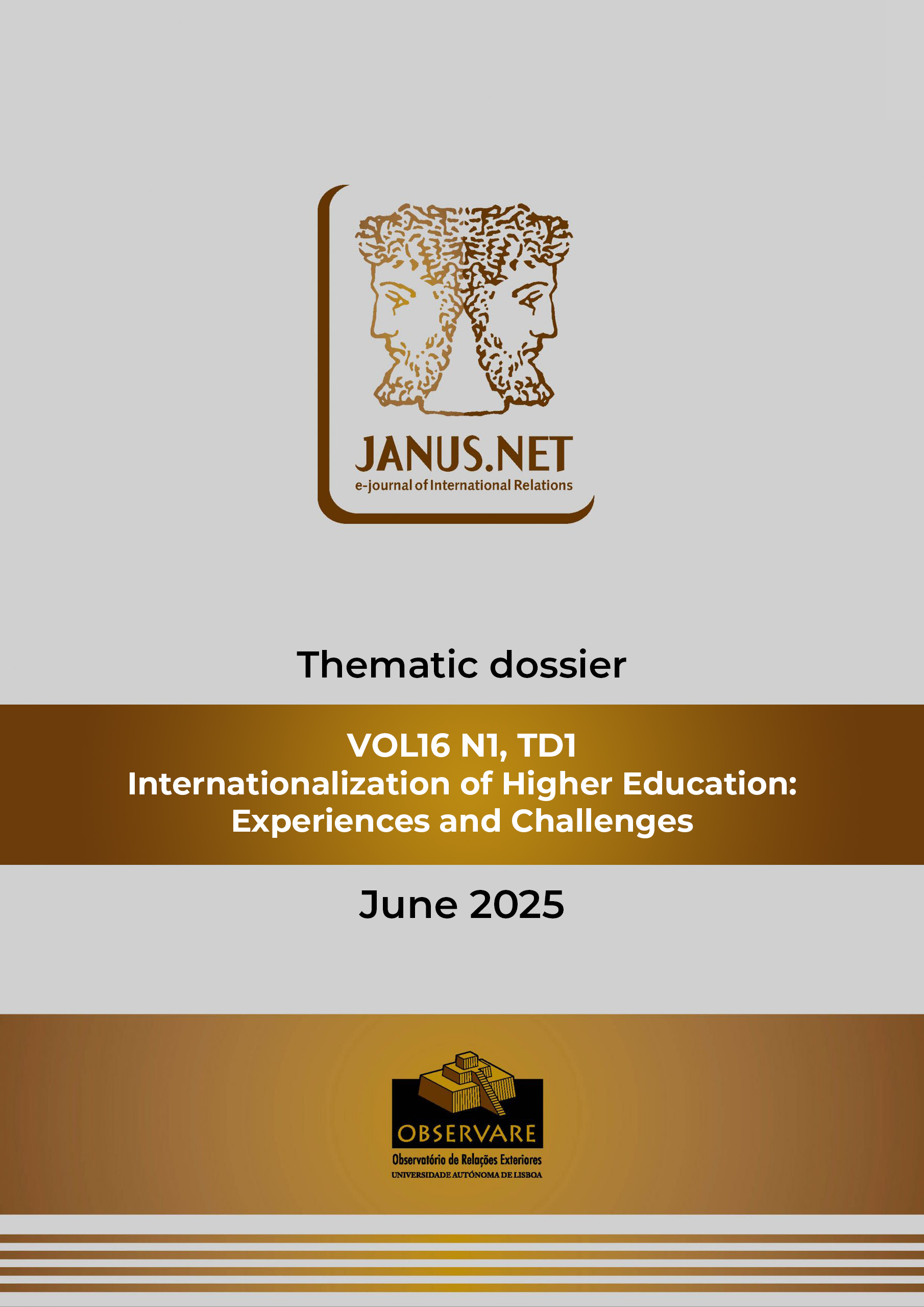HIGHER EDUCATION FROM AN INCLUSIVE GOVERNANCE PERSPECTIVE: EXPANDING THE BOUNDARIES OF SOCIAL JUSTICE
DOI:
https://doi.org/10.26619/1647-7251.DT0325.6Keywords:
Social Justice, Access To Higher Education, Inclusive Governance, Disadvantaged Groups, Education PolicyAbstract
This study addresses the significance and applicability of an inclusive governance approach in higher education institutions. It emphasizes that higher education is evolving globally toward the goals of democratization, diversity, and inclusion. Inclusive governance encompasses the active participation of stakeholders in decision-making processes, transparency, accountability, and participatory structures. In this context, the study highlights the necessity of involving students, academic and administrative staff, and external stakeholders in university governance processes. The study asserts that inclusivity involves not only representation but also effective participation and decision-making power, which must be supported by institutional culture, leadership practices, and structural arrangements. It also emphasizes that inclusive governance contributes significant value to higher education in areas such as quality assurance, academic success, and social responsibility. In conclusion, higher education institutions are expected to serve not only as knowledge producers but also as environments where social justice, equality, and participation are actively upheld. To achieve this transformation, it is recommended that the core principles and practices of inclusive governance be integrated into the administrative systems of universities.


